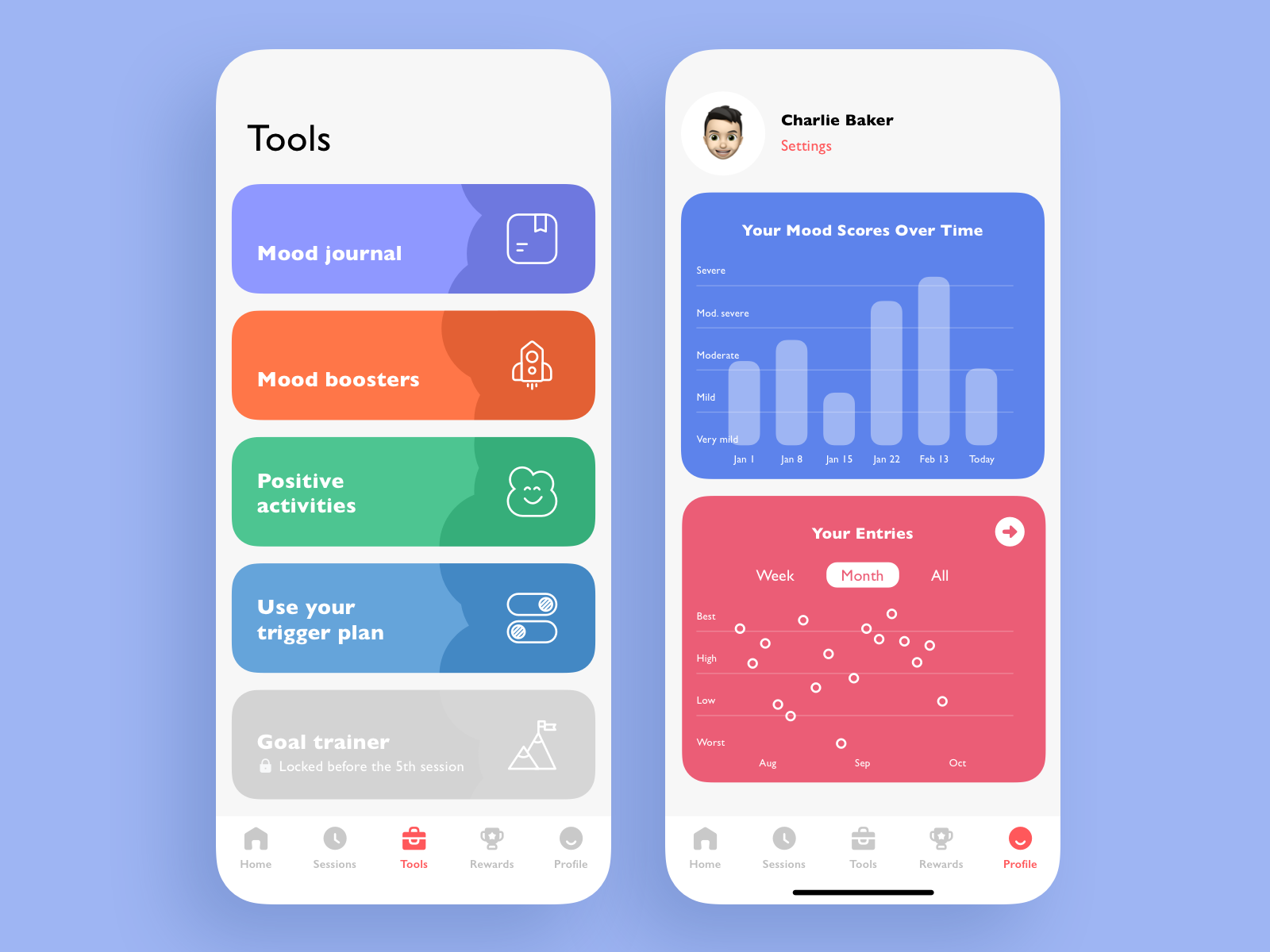

Think: Mental health dating app
| HOW YOUNG IS TOO YOUNG FOR DATING | Voodoo dating site |
| ONLINE DATING SCAMMERS SEND YOU ALL LOVE MESSAGES | Lesbian dating shanghai |
| GOOD USERNAME FOR DATING SITES | Dating app for black professionals |
| KEY TO ONLINE DATING SUCCESS | Grouper dating app closed |
Dating apps can be depressing. Literally.
An estimated 25 million people are on dating apps, many with one goal in mind … to find “the one.” But with the convenience of dating – and the potential for instant rejection in the palm of your hand – using dating apps can be stressful. As some research has found, dating apps can chip away at our self-image or maybe even feed depression.
The development surrounding dating apps is always evolving. Tinder, Bumble, Grindr, Hinge, Ship and Match are some of the most popular platforms, all with different approaches. On some, the woman has to start the conversation. Others let the user’s friends choose whom they match up with.
While users may argue that some have helped them find better matches or dates, the risk of developing a low self-esteem and symptoms of depression remain the same across the board.

Dr. Elise Herman, psychiatry chairwoman at Novant Health, discusses why the search for love on dating apps may take a toll on mental health and offers tips for a better experience.
Rejection can happen at any time
Dating apps give users a way to meet and interact with people without the need to go out of the house. That constant access can easily take a toll on mental health.
“Being able to get on a dating app all the time, we get trained to think we should be able to get a response at the same rate,” said Herman. “Where it used to be a certain setting where you’d have to work yourself up and be ready to face rejection, now users can get that sense of rejection at any time and it might not even be real.”
It’s human nature, Herman said, to jump to negative conclusions and manufacture reasons when you don’t instantly get the reaction you were hoping for.
I’ve swiped right on all these people and none of them responded … it must mean that I’m not attractive.
“When we jump to those conclusions, we really are making something up where there’s actually zero truth to that and might actually have nothing to do with us,” Herman said. “But we make these assumptions or jump to conclusions that then can lead down a spiral that certainly can lead to low self-esteem or depression.”
To prevent it, users need to engage with the real world, Herman said. She noted that apps are built around a business model of keeping you on their sites for as long as possible. Don’t let that happen, she said.
“My first advice would be to put the phone down and find something that connects you with the real people in your life,” Herman said. “It’s important to find someone who grounds you and can bring you back into the moment and get out of your head.”
Herman also suggests placing boundaries on when and where to use dating apps. Just like there is a setting for potential rejection at a bar scene, it’s important to set parameters.
For example, instead of responding to the dating app notifications immediately or aimlessly swiping while bored, only log on during specific times of the day.
“By placing these limits on when you use it, you’re making your own rules of engagement,” Herman said. “You allow yourself to choose when you’re wanting to interact and put your best self forward and interpret things more realistically.”
Going in with clear expectations
Because each user is looking for something different when it comes to their love life, some dating apps have included the feature to filter out potential matches based on what they expected to find. Options include something casual, relationships, marriage, friends and even “don’t know yet.”
In a virtual world immersed in “hookup” culture of casual sex, Herman said it’s important to be upfront about expectations and know others’ when interacting on dating apps.
“If that’s what the platform people have set for this hookup culture, it’s probably OK to expect that a lot of people are there for that,” Herman said. “And there are likely people who are not there for that, but don’t have any other avenue and are just trying to find somebody to connect with. The most important thing is knowing what you want and both people being clear about expectations.”
Herman said users also need to be mindful about the limitations of apps and keep expectations in check.
“I would encourage every user to be realistic and remind themselves that they won’t match with everyone, and that’s OK,” Herman said. “I encourage people to create a profile that shows their authentic self so they match with someone who embraces them for whom they really are.”
And finally, she said, don’t fall into the trap of thinking there’s always someone that could be better. “It really grinds people up,” she said.
Instead of chasing people who meet your expectations for income or good looks, try to work on your own happiness, she said. (She suggests reading The Happiness Advantage by Shawn Achor.) “It’s the people who are happy, people who actively work on choosing their happiness who actually get those things in life.”
Feelings of anxiety, stress or depression are common responses to life’s challenges. But we’re here to help. Learn more.
Tags: self-esteem, relationships, dating
Источник: https://www.novanthealth.org/healthy-headlines/surviving-the-swipe-how-dating-apps-can-shatter-your-self-image
-
-